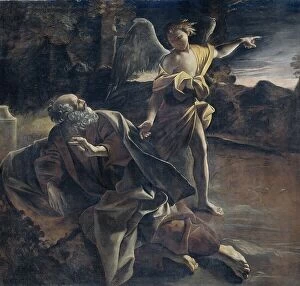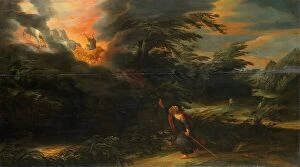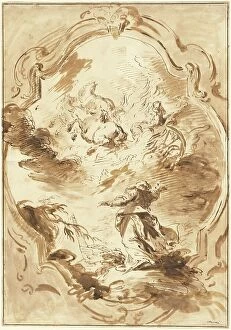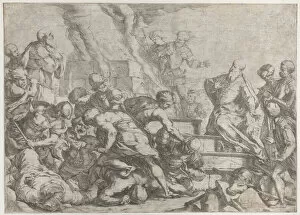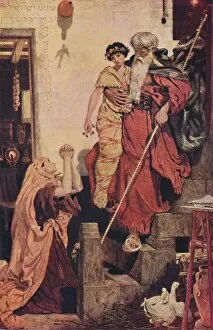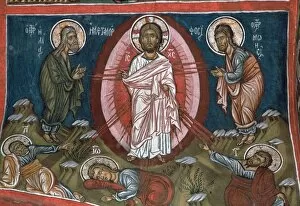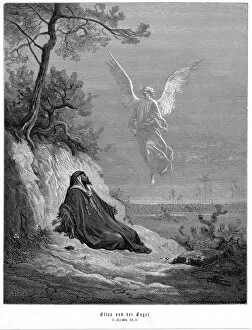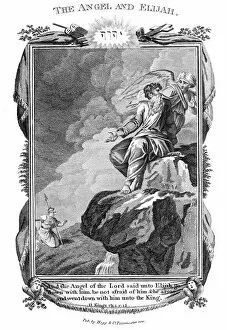Eliyyahu Collection
Eliyyahu is a name that holds deep meaning and significance in Jewish tradition, and is often associated with the prophet Elijah
For sale as Licensed Images
Choose your image, Select your licence and Download the media
Eliyyahu is a name that holds deep meaning and significance in Jewish tradition, and is often associated with the prophet Elijah, who was known for his unwavering faith and miraculous deeds. The name Eliyyahu means "my God is Yahweh" or "Yahweh is my God," reflecting a strong connection to the divine. Those named it can believed to possess qualities of strength, courage, and wisdom, and are seen as leaders and protectors within their communities, guiding others towards righteousness and justice. The story serves as a reminder of the power of faith and perseverance in the face of adversity. Like the prophet himself, those bearing this name are encouraged to stand firm in their beliefs and trust in God's plan for them. In Hebrew culture, it is associated with Passover traditions, where an empty chair is left at the table for him to symbolically join in the celebration. This practice highlights the enduring presence of his spirit among believers.

